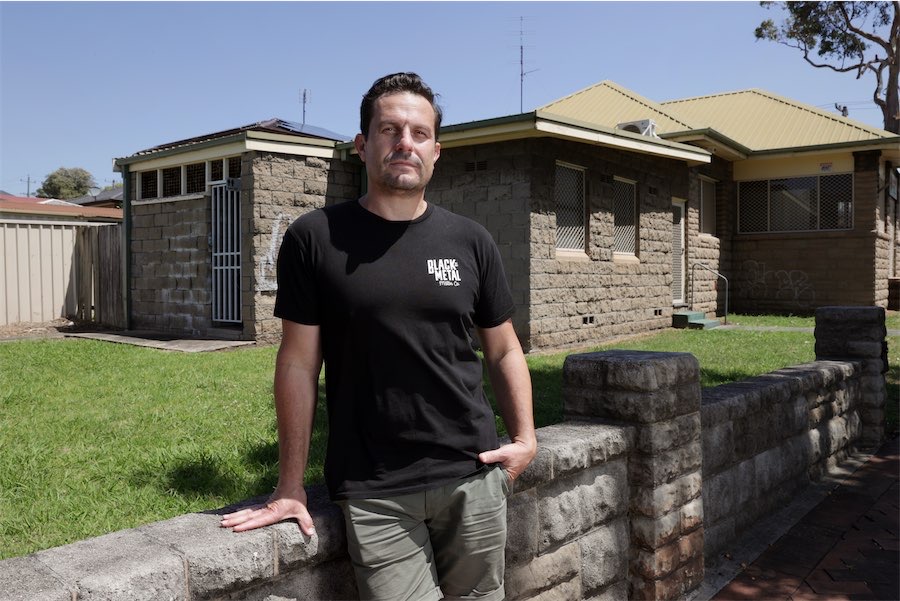
THE use of telepresence robots that can help children with serious illness stay connected to their classroom are one step closer to becoming a reality for Australian schools, says Megan Gilmour, chair of MissingSchool.
Megan says that MissingSchool has been awarded an “Inspire” grant of up to $600,000 over three years from the St George Foundation for an ACT-first pilot scheme that will bring telepresence robots to schools, allowing a real-time, two-way connection for kids who may not be well enough to attend school but could participate in class.
“Our theory is that you can only fix absence by presence, and how can somebody be present if they’re not able to be in the classroom?” she says.
“The robots remind everyone that the person is there and wanting to be connected. It’s a palpable physical presence, it moves, it’s not a little iPad sitting on a desk which can also be forgotten.”
Megan says her son Darcy, now 17, was 10 when he was diagnosed with three rare blood disorders and missed almost two years of school because of a bone-marrow transplant.
She started MissingSchool in 2012 with two other Canberra mums, Cathy Nell and Gina Meyers, whose children had also received treatment in Sydney for serious illnesses.
“Through our experiences, we all knew first-hand what it was like to go through supporting a child with a serious illness and that kids need the connection to community and their friendships, which we’re all hardwired for,” she says.
“This isolation can create a lifelong effect on productivity, as well as social and emotional wellbeing, which is often just as hard to deal with as falling behind academically.
“There is hospital school but what it can’t help with is what we call the double burden of illness – when you’re sick, you don’t want to be isolated from your community as well.”
Megan says that tens of thousands of sick kids in Australia have to miss school often or for long periods, and that as it’s an invisible problem – they’re not there – it’s harder to see that a solution is needed.
“The way schools work is that if a child is absent it’s because they’re not well enough to be there, but that’s not always the case.
“My goal is that all children in these circumstances will be able to connect to their classrooms in this way as a matter of course, but currently the system isn’t set up for it, and that’s where we come in.
“We want to see this in our systems every day.”
Following a recent Churchill Fellowship to Finland, the Netherlands, Sweden, Belgium, UK and Canada, Megan says she saw schools using similar solutions at scale for children with serious conditions and observed many things being done right.
“The St George Foundation funded MissingSchool’s 2015 research, which revealed a gap in education provision and prompted the first Commonwealth-funded research into the issue for kids who are facing the hardest challenge of their lives,” she says.
“It’s tough for parents, too, who are supporting their sick child while facing challenges economically, emotionally, being separated from their other children, being away from home and from their support networks. We know that all these things on their own are hard enough but we have them all happening at once.
“And you worry about school and them falling behind, and losing their connections to their friends.”
Megan says it’s her goal to help combine the best of the lessons she saw while on the Fellowship into a systemic solution here that can work for these kids.
“I want families who are experiencing this situation to be able to access this as a matter of course,” she says.
“Medical science is saving and prolonging the lives of sick kids and we must act now to give them real-time inclusion in their classes and connection with their friends and teachers, to have hope and build positive futures.
“This grant will help MissingSchool roll out up to 75 robots over three years to demonstrate cost-effective and innovative ways to include these children in their regular schools.”
Visit missingschool.org.au for more information
Who can be trusted?
In a world of spin and confusion, there’s never been a more important time to support independent journalism in Canberra.
If you trust our work online and want to enforce the power of independent voices, I invite you to make a small contribution.
Every dollar of support is invested back into our journalism to help keep citynews.com.au strong and free.
Thank you,
Ian Meikle, editor




Leave a Reply